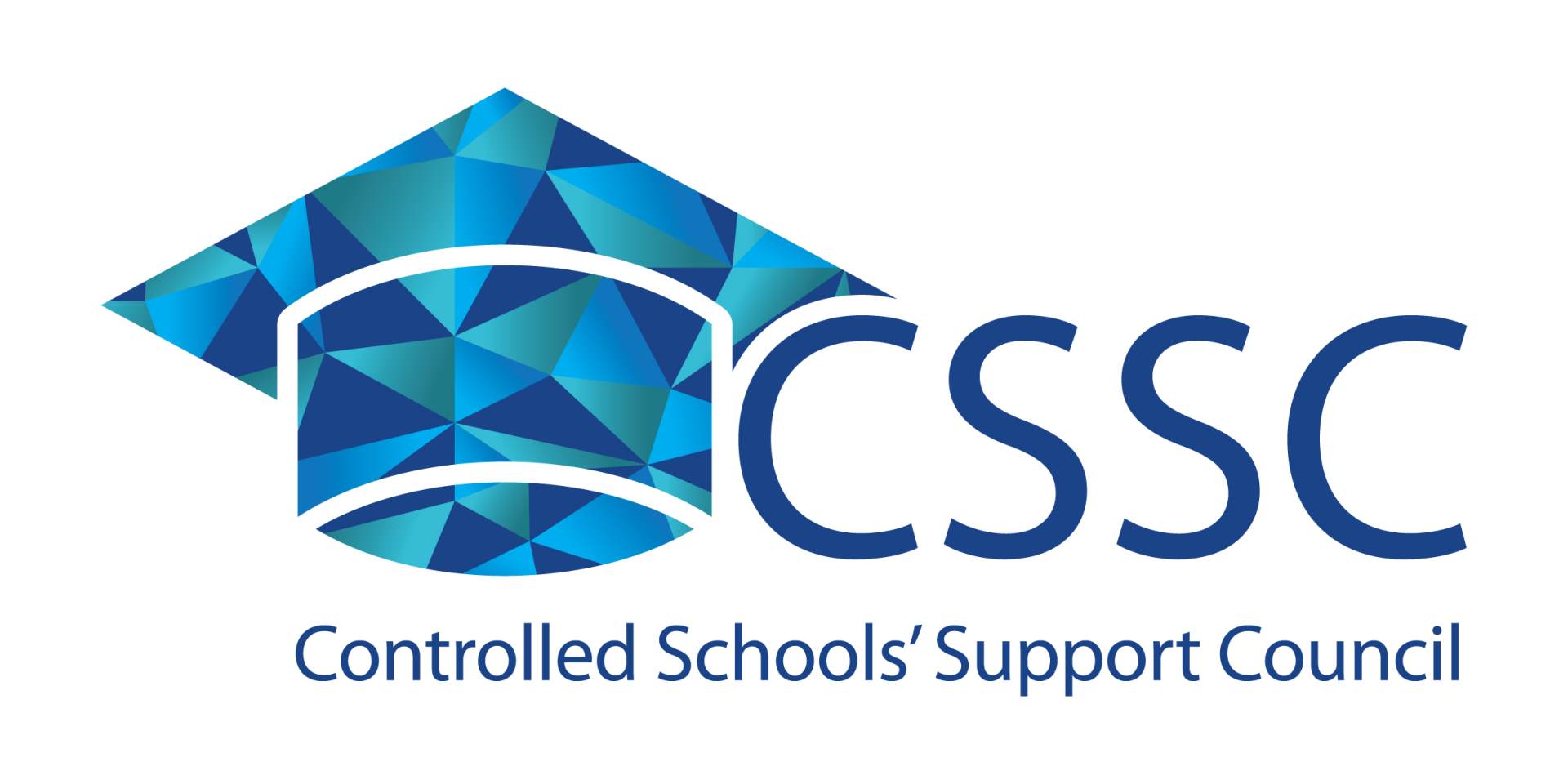Digital Technology
Staff
Teacher Mrs K. Ward
Teacher Mrs K. Finnegan
Curriculum
GCSE
GCSE Digital Technology allows students to explore the impacts of ICT on our daily lives.
The subject content of GCSE Digital Technology is split into three units:
Unit 1: Digital Technology
In this unit, pupils explore a range of digital technologies available for data storage, manipulation, presentation and transfer. This involves the consideration of computer hardware and software and the representation of data in a computer. Pupils also evaluate the importance of data security and data legislation
Unit 2: Digital Authoring Concepts
Pupils gain an understanding of the concepts in the development of digital systems. This will involve exploring the stages in designing, implementing and evaluating website and database solutions.
Unit 3: Digital Authoring Practice
This unit builds on the theory studied in Unit 2. Pupils design, develop and test websites and databases.
Assessment Overview
|
Form of Assessment |
Duration |
Weighting |
Taken |
|
Unit 1 External written exam |
1 hour |
30% |
Summer Year 11 (Resit option in Summer Year 12) |
|
Unit 2 External written exam |
1 hour 30 mins |
40% |
Summer Year 12 |
|
Unit 3 Controlled Assessment |
Completed within a restricted amount of time in class. |
30% |
Year 12 |
AS/A2
At A Level the pupils will undertake the BTEC Level 3 National Extended Certificate in Information Technology.
The BTEC Level 3 Information Technology (IT) course is a vocational qualification designed to provide students with the knowledge and skills needed for a career in the IT industry or further study in related fields. Here's a general overview of what the course typically covers:
- Core Units: These units cover fundamental concepts and skills in IT, such as understanding computer systems, managing information, and using IT to solve problems. Students learn about hardware, software, networks, databases, and the importance of data security.
AS Core Units
Unit 2 Creating Systems to Manage Information
Unit 3 Using social Media in Business
A2 Core Units
Unit 1 Information Technology Systems
- Specialist Units: The course usually includes a range of specialist units that allow students to explore specific areas of IT in more depth. These may include units on topics such as web development, software development, multimedia design, cybersecurity, and IT project management.
A2 Specialist Unit
Unit 6 Website Development
- Practical Skills Development: BTEC IT courses often have a strong practical focus, with opportunities for students to develop hands-on skills through practical tasks, projects, and assignments. Students may work with industry-standard software and hardware to complete assignments that simulate real-world IT scenarios.
- Assessment: Assessment in BTEC IT courses typically involves a combination of coursework, exams, and practical assessments. Coursework may include written assignments, presentations, project work, and portfolios of evidence demonstrating students' skills and understanding.
- Progression: Upon successful completion of the BTEC Level 3 IT course, students may progress to higher education courses, such as HNDs or degrees in IT-related subjects. Alternatively, they may choose to enter the workforce directly, seeking employment in roles such as IT support technician, web developer, software developer, or network technician.
Overall, the BTEC Level 3 Information Technology course provides a comprehensive introduction to the field of IT, equipping students with the knowledge, skills, and practical experience needed to pursue a range of career paths in the tech industry.
Careers
Digital/Information Technology provides a solid foundation for various career paths within the tech industry. Here are some career options:
IT Support Specialist: This role involves assisting users with technical issues, troubleshooting hardware and software problems, and maintaining computer systems.
Network Technician: Network technicians install, maintain, and troubleshoot computer networks. They ensure that an organization's network infrastructure operates efficiently.
Systems Analyst: Systems analysts analyse an organization's computer systems and procedures to help them operate more effectively. They design and implement new systems and may also upgrade existing systems.
Web Developer: Web developers create and maintain websites. They work with clients or organizations to understand their needs and develop websites that meet those requirements.
Software Developer: Software developers design, code, and test computer programs and applications. They may work on a variety of projects, from mobile apps to enterprise software solutions.
Database Administrator: Database administrators manage and maintain databases to ensure they operate smoothly and securely. They may also be responsible for designing databases and implementing data security measures.
Cybersecurity Analyst: Cybersecurity analysts protect organizations' computer systems and data from cyber threats. They monitor for security breaches, investigate security incidents, and implement security measures to prevent future attacks.
IT Project Manager: IT project managers oversee the planning, execution, and completion of IT projects. They coordinate with team members, stakeholders, and vendors to ensure that projects are completed on time and within budget.
Digital Marketing Specialist: With a background in IT, you can pursue a career in digital marketing, focusing on areas such as search engine optimization (SEO), pay-per-click (PPC) advertising, and social media marketing.
IT Consultant: IT consultants provide expert advice to organizations on how to use technology to achieve their business objectives. They may specialize in areas such as cloud computing, cybersecurity, or digital transformation.
These are just a few examples, and there are many other career paths you can explore. It is essential to consider your interests, skills, and career goals when choosing a career path.



Close
Social Media